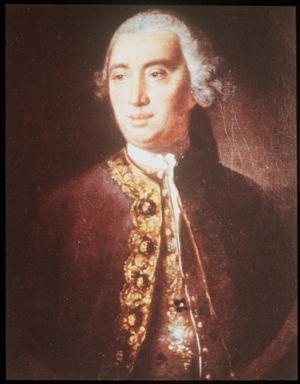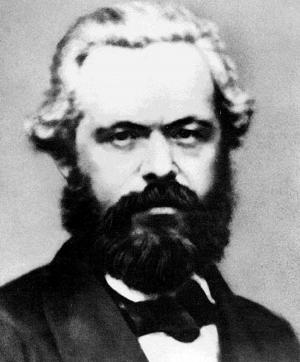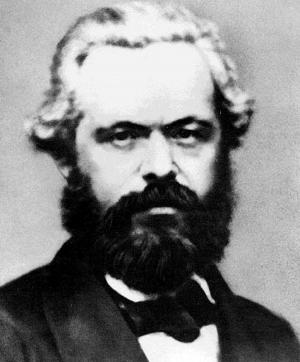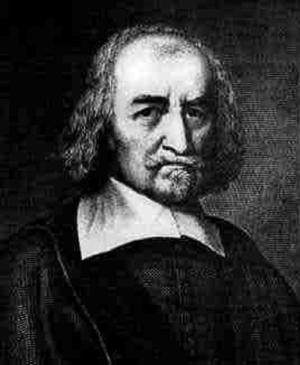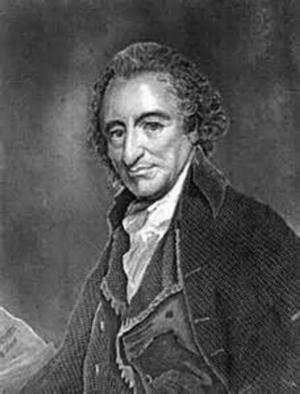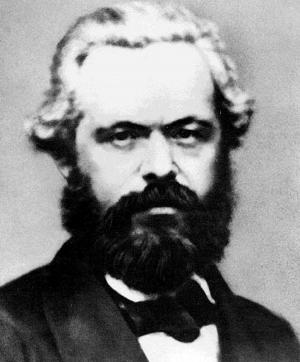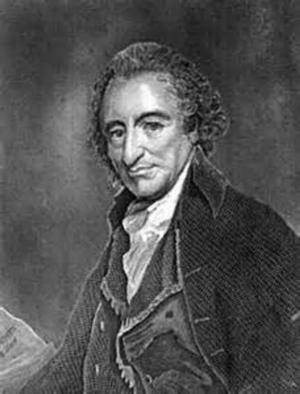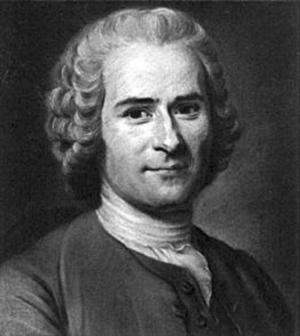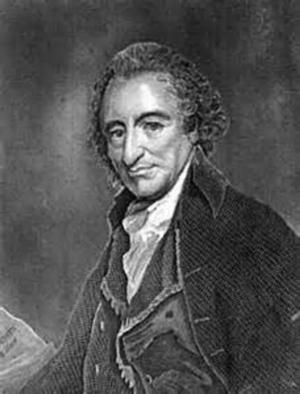The Critique of Judgement: Kant's 1914 English Edition (Illustrated)
Business & Finance, Economics, Macroeconomics, Theory of Economics| Author: | Immanuel Kant, Timeless Books: Editor | ISBN: | 1230000512800 |
| Publisher: | www.WealthOfNation.com | Publication: | June 24, 2015 |
| Imprint: | Language: | English |
| Author: | Immanuel Kant, Timeless Books: Editor |
| ISBN: | 1230000512800 |
| Publisher: | www.WealthOfNation.com |
| Publication: | June 24, 2015 |
| Imprint: | |
| Language: | English |
The book has an active table of contents for easy access to each chapter.
Immanuel Kant was a great philosopher and one of the founders of the modern system of philosophy. He is in the row with the greatest thinkers as Aristotle, Isaac Newton, John Locke, David Hume, Gottfried Wilhelm Leibniz, and John Stuart Mill. Their thoughts had strong influence on building the foundation of the United States and its endeavor of open society.
Kant published one of his most influential work The Critique of Judgment in 1790 to lay the foundations for modern aesthetics. The book was regarded as Kant's Third Critique. Kant’s First Critique was Critique of Pure Reason and Second Critique was Critique of Practical Reason.
In The Critique of Judgment, Kant explored the limits and conditions of knowledge and argued for an approach to the problems in which space and time are not to be objects but subjects. He concluded that there are certain fundamental antinomies in human Reason, on the one hand behavior and thought are determined by external causes, and on the other there is an actual spontaneous causal principle at work in human behavior.
Kant’s work produced great influence on modern philosophy and logic. His view became widely recognised as the foremost philosophical voice and his influence has been felt in nearly every field of the humanities and social sciences.
This book is one of the most important ones about philosophy beyond the level of debate between the rationalists and empiric by Immanuel Kant, one of the greatest thinkers of modern philosophy on the planet.
The book has an active table of contents for easy access to each chapter.
Immanuel Kant was a great philosopher and one of the founders of the modern system of philosophy. He is in the row with the greatest thinkers as Aristotle, Isaac Newton, John Locke, David Hume, Gottfried Wilhelm Leibniz, and John Stuart Mill. Their thoughts had strong influence on building the foundation of the United States and its endeavor of open society.
Kant published one of his most influential work The Critique of Judgment in 1790 to lay the foundations for modern aesthetics. The book was regarded as Kant's Third Critique. Kant’s First Critique was Critique of Pure Reason and Second Critique was Critique of Practical Reason.
In The Critique of Judgment, Kant explored the limits and conditions of knowledge and argued for an approach to the problems in which space and time are not to be objects but subjects. He concluded that there are certain fundamental antinomies in human Reason, on the one hand behavior and thought are determined by external causes, and on the other there is an actual spontaneous causal principle at work in human behavior.
Kant’s work produced great influence on modern philosophy and logic. His view became widely recognised as the foremost philosophical voice and his influence has been felt in nearly every field of the humanities and social sciences.
This book is one of the most important ones about philosophy beyond the level of debate between the rationalists and empiric by Immanuel Kant, one of the greatest thinkers of modern philosophy on the planet.

